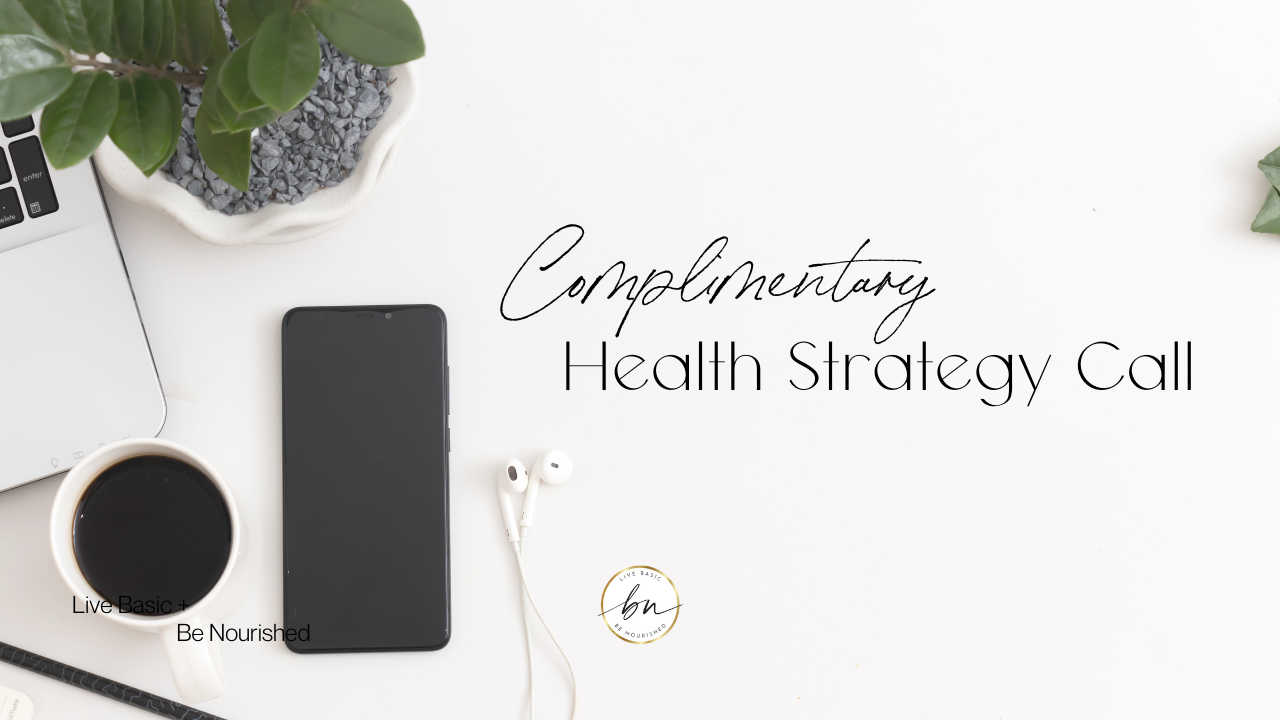How Your Gut Holds the Key to Emotional and Mental Wellbeing

Have you ever noticed how your stomach reacts when you're stressed, or how certain foods can leave you feeling anxious or mentally foggy? Your body isn't just being difficult – it's communicating something important through what scientists call your "second brain."
As a holistic health coach who's worked with hundreds of clients on their healing journeys, I've witnessed the profound impact that gut health has on mental wellbeing. This connection isn't just fascinating science; it's actually an easy pathway to feeling better that many people don't know exists.
Your Gut: More Than Just Digestion
Your digestive tract is home to over 500 million neurons – that's more than your spinal cord! This network is in constant communication with your brain through the vagus nerve, hormones, and immune pathways. When this system functions well, you feel balanced and clear. When it's disrupted by inflammation or imbalance, you might experience anxiety, mood swings, or brain fog.
Your body is simply asking for attention, and understanding this connection gives you real tools to respond.
The Power of Your Microbiome
Living within your gut are trillions of beneficial (good) bacteria that play a crucial role in your mental health. These bacteria produce many of our chemical messengers like serotonin, dopamine, and GABA – the same chemicals that regulate mood, sleep, and anxiety. About 90% of your body's serotonin is actually made in your gut, not your brain.
When stress, processed foods, or medications disrupt this bacterial community, production of these feel-good hormones breaks down. The good news? This ecosystem can be restored with the right approach.
How Finding the Root Imbalance Helps You Heal
I regularly work with clients who've struggled with anxiety for years, trying various treatments without lasting success. When we run comprehensive gut testing and discover issues like bacterial overgrowth, infections, or depleted beneficial microbes, we finally have a clear direction for healing.
Addressing these underlying gut imbalances often provides the breakthrough they've been looking for. It's not magic – it's understanding how your body actually works and giving it what it needs to function optimally.
For instance, when the lining of your gut becomes inflamed (often called "leaky gut"), toxic particles can enter your bloodstream and trigger widespread inflammation that reaches your brain. This contributes to depression, anxiety, and cognitive issues. But here's what's empowering: this lining can heal when properly supported.
Food as Information
Every meal sends signals to your body. When you eat foods that create inflammation or that your system can't process well, it triggers your immune system, affecting neurotransmitter production and brain function. Identifying and removing these trigger foods often leads to significant mood improvements and clearer thinking (good-bye brain fog).
The gut-brain connection also explains why stress hits your digestion so hard. Chronic stress creates an imbalance of your good to bad gut bacteria ratio. It also increases gaps in your gut lining, and reduces how well your body breaks down foods. This creates a cycle where stress damages the gut, which sends inflammatory signals back to the brain.
A Practical Approach to Healing
Healing your gut-brain connection requires a systematic approach. We start by removing inflammatory triggers like processed foods, excess sugar, and any foods your body reacts to. Then we rebuild with targeted nutrition, healing nutrients, and beneficial probiotics.
Nervous system support through stress management, quality sleep, and mindfulness practices isn't optional – it's essential for lasting gut health.
What to Expect
Most clients begin noticing mental health improvements within 4-8 weeks of working together. Some experience changes sooner, particularly with energy and mood stability. Everyone's timeline is different, but the improvements are typically sustainable when you address root causes rather than just managing symptoms.
Taking Control of Your Health
Understanding the gut-brain connection puts real power in your hands. Your daily food choices directly influence your brain chemistry and mood. This isn't about perfection – it's about making informed decisions that support your wellbeing.
If you're dealing with anxiety, depression, or other mental health challenges that haven't responded well to traditional approaches, exploring your gut health could provide the missing piece. Your digestive system might hold answers you've been searching for.
You don't have to accept feeling anxious, foggy, or emotionally unstable as your normal. Your body has remarkable healing capacity when given proper support, and sometimes the path to mental wellness starts with healing your gut.
The connection between your gut and brain is real, measurable, and actionable. You have more control over your mental health than you might realize.







